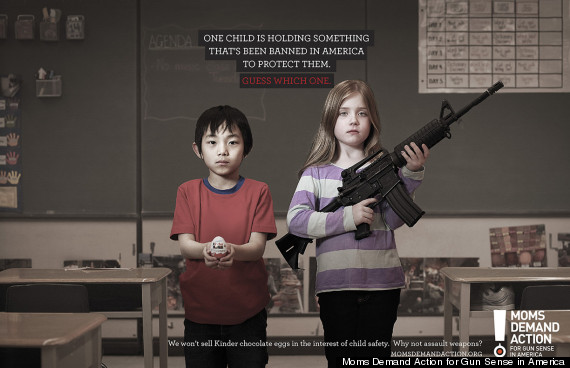In her article, Parul Sehgal writes about the resilience and how the word’s meaning has been changing in accordance with events taking place in colleges and schools. She begins with a mere description of what resilience has been taken to mean in the past by the media, various organizations, and parents. For instance, Sehgal explains how parents believe their children need to be “resilient” and learn how to push past difficulties they encounter. She especially emphasizes people’s reactions to college students and how they deal with sensitive subjects on campus. Sehgal brings in both sides- one displaying contempt for students’ sensitivity, claiming they need to be more resilient and “tough,” and the other displaying an understanding for the students’ sensitivity, validating their hurt feelings and their attempts to speak out against injustice. In describing both opinions, Sehgal makes it difficult for the reader to understand her opinion, but at the very end of the article, Sehgal subtly agrees with the people who validate students’ pain, explaining that their sensitivity is actually changing what resilience means.
Personally, I agree with Sehgal's opinion, and I think the way she brought it up was genius. Instead of making a hotheaded argument that clearly blasts any counterarguments, Sehgal writes a clever piece that seems to be merely factual, stating both sides of the story. However, she slips in her opinion at the last minute, subtly agreeing with one side. By doing this, she had opened up her article to all readers. Those who would have disagreed with her don’t even realize her opinion until the end, and those would agree with her find surprising pleasure in finding her opinion at the very end. In my opinion, this is the best way to write an article.
In regards to her actual message, I think Sehgal happens to be correct. People talk about resilience as if it means silence. To them, being resilient means not voicing your fears or concerns, not being “too sensitive.” I happen to think there is nothing wrong with being sensitive. Being resilient means you should be able to stand up for what you believe in and voice all the concerns you want without fear of being pushed down or ignored. You should be able to be sensitive about subjects like racial prejudice without having people call you out for it. I think that is the message Sehgal is trying to get across in her article, and I wholeheartedly agree with it.
Sehgal, Parul. “The Profound Emptiness of ‘Resilience’.” The New York Times Magazine. N.p., 1
Dec. 2015. Web. 6 Dec. 2015.





